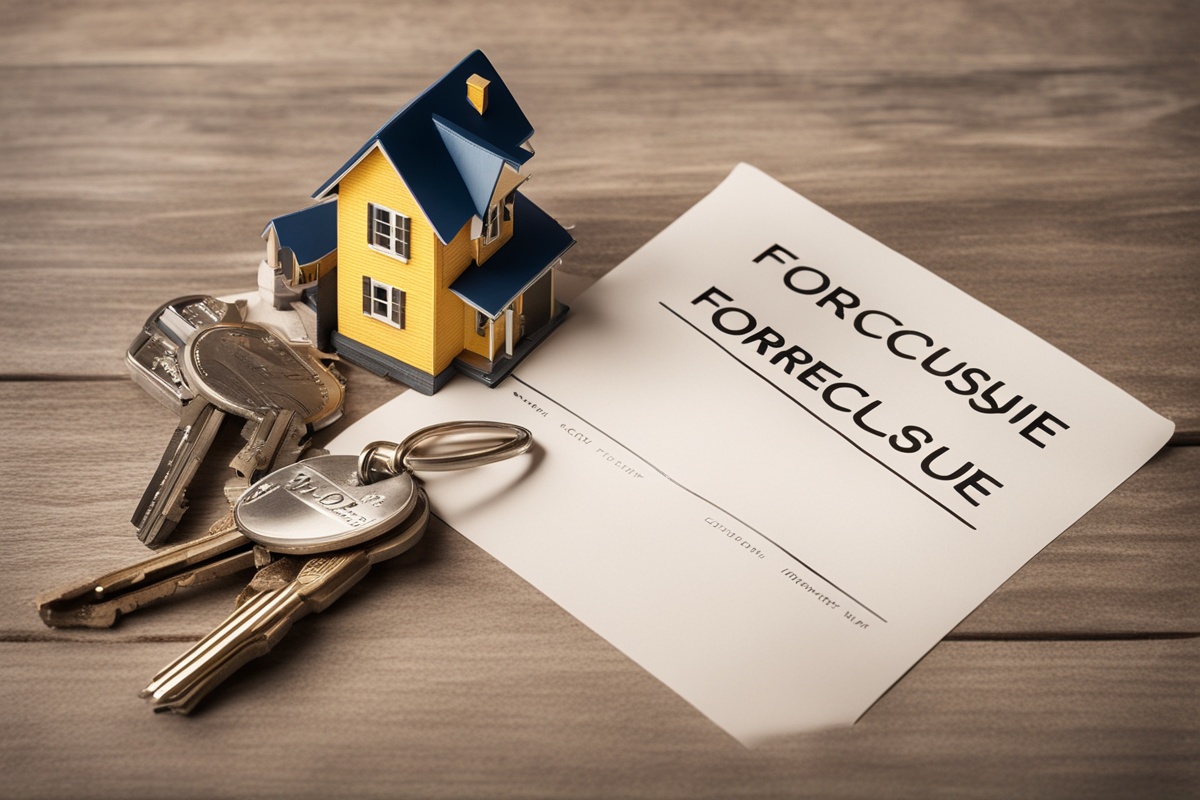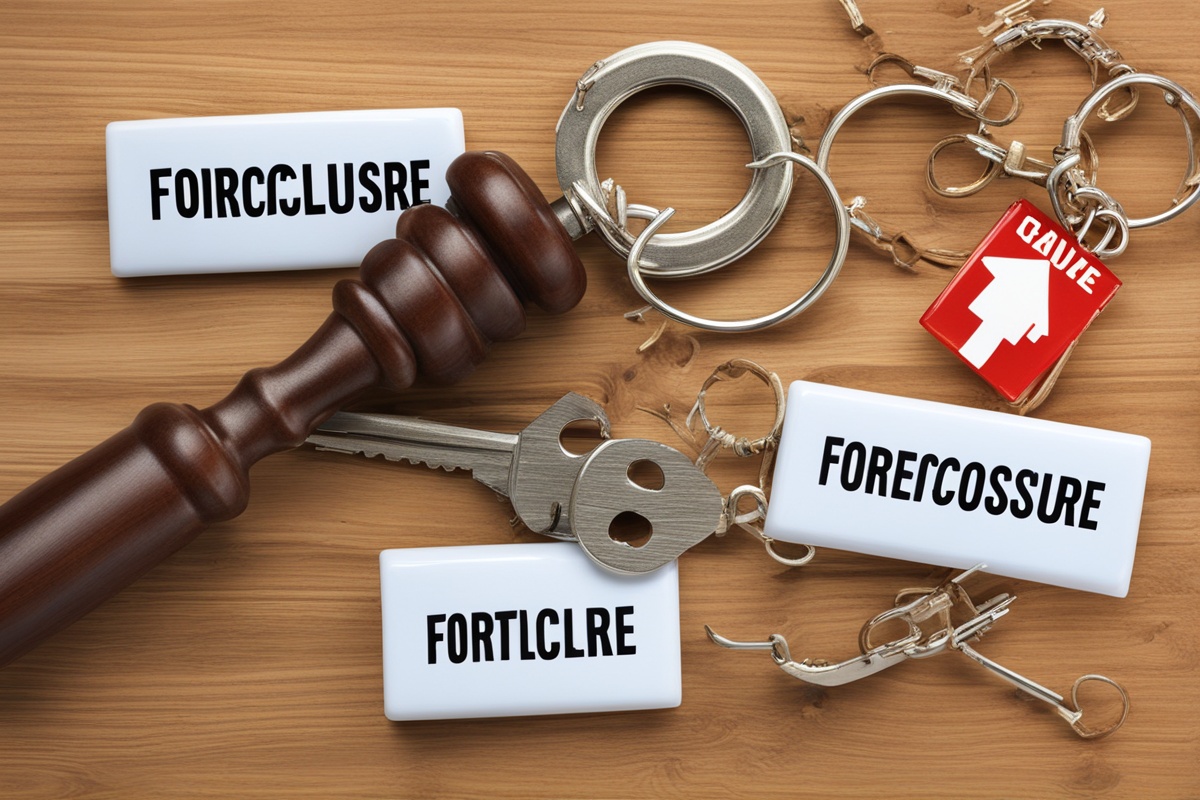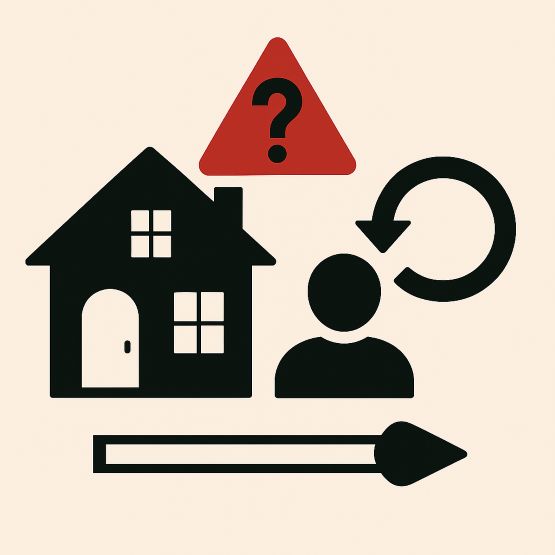Losing a home is one of the most challenging experiences a person can face, often accompanied by emotional and financial stress. However, understanding your options and navigating home loss solutions can make a significant difference in how you manage this difficult situation. Whether you’re facing foreclosure or exploring alternatives, being informed about the available paths can help you regain control and make decisions that align with your long-term goals. In this comprehensive guide, we’ll explore the intricacies of foreclosure, compare it to viable alternatives, and provide actionable insights to help you navigate this challenging time.
Understanding Foreclosure: What It Means for Homeowners
Foreclosure is a legal process where a lender takes possession of a property due to the homeowner’s failure to make mortgage payments. This process can be devastating, as it often results in the loss of the home and a significant negative impact on credit scores. When navigating home loss solutions, it’s critical to understand the foreclosure timeline, which typically begins with missed payments, followed by a notice of default, and eventually, a public auction if the debt remains unpaid. The specifics of this process vary by state, but the outcome is generally the same: the loss of your property. Recognizing the early signs of financial distress and acting promptly can help you avoid this outcome.
Exploring Alternatives to Foreclosure
Fortunately, foreclosure is not the only option for homeowners struggling with mortgage payments. Several alternatives exist that may allow you to keep your home or exit the situation with less damage to your financial standing. When navigating home loss solutions, consider options such as loan modification, which adjusts the terms of your mortgage to make payments more manageable, or a forbearance agreement, which temporarily pauses or reduces payments. Additionally, a short sale—selling the home for less than the mortgage balance with lender approval—can be a viable solution to avoid the long-term consequences of foreclosure. Each alternative comes with its own set of pros and cons, so it’s essential to evaluate them based on your unique circumstances.
The Emotional and Financial Impact of Home Loss
The process of losing a home, whether through foreclosure or an alternative, takes a toll on both emotional well-being and financial stability. The stress of uncertainty, coupled with the potential loss of a significant asset, can lead to anxiety and feelings of failure. Financially, foreclosure can lower your credit score by as much as 200-300 points, making it difficult to secure loans or housing in the future. When navigating home loss solutions, it’s crucial to seek support, whether through counseling services or financial advisors, to manage these impacts. For more on managing credit after foreclosure, check out our detailed guide on credit repair strategies post-foreclosure.
Steps to Take When Facing Home Loss
If you’re at risk of losing your home, taking proactive steps can make a significant difference in the outcome. Start by communicating with your lender as soon as you anticipate difficulty in making payments. Many lenders are willing to work with borrowers to find solutions like payment plans or temporary relief. Next, assess your financial situation and prioritize expenses to free up funds for mortgage payments if possible. Additionally, consulting with a housing counselor can provide valuable insights into navigating home loss solutions. These professionals can help you understand your rights and explore programs like the Home Affordable Modification Program (HAMP). For more resources on working with lenders, visit our post on effective lender negotiations.
Comparing Foreclosure vs. Short Sale: Which Is Better?
One of the most common dilemmas for homeowners facing financial hardship is choosing between foreclosure and a short sale. While both options result in the loss of your home, their long-term effects differ significantly. A foreclosure can remain on your credit report for up to seven years, severely limiting your ability to obtain new credit. In contrast, a short sale may have a less severe impact on your credit and can sometimes be completed more quickly. However, a short sale requires lender approval and may involve a deficiency judgment if the sale price doesn’t cover the mortgage balance. When navigating home loss solutions, weigh these factors carefully. For an in-depth comparison, read our article on foreclosure versus short sale outcomes.
Preventing Home Loss: Proactive Measures to Consider
Prevention is always better than cure, and there are several steps you can take to avoid reaching the point of foreclosure or other home loss scenarios. Start by creating a realistic budget that prioritizes mortgage payments and builds an emergency fund for unexpected expenses. If you’re already struggling, consider refinancing your mortgage to secure a lower interest rate or extended payment terms. Additionally, government programs and local nonprofits often offer assistance to homeowners in distress. Navigating home loss solutions doesn’t always mean accepting loss; it can also mean finding ways to stay in your home. Learn more about government assistance programs in our guide on homeowner relief programs.
Disclaimer: The information provided in this article is for general informational purposes only and should not be considered legal or financial advice. Every individual’s situation is unique, and the options discussed may not be suitable for everyone. We strongly recommend consulting with a qualified attorney, financial advisor, or housing counselor before making decisions regarding foreclosure or alternatives. The authors and publishers of this content are not responsible for any actions taken based on the information provided.
References
- U.S. Department of Housing and Urban Development – Avoiding Foreclosure
- Consumer Financial Protection Bureau – What is Foreclosure?
- Federal Reserve – Credit Reports and Foreclosure Impact
- Nolo – Alternatives to Foreclosure: Short Sales and Deeds in Lieu
- Fannie Mae – Help for Homeowners Facing Hardship
This content is for informational purposes only and not a substitute for professional advice.





